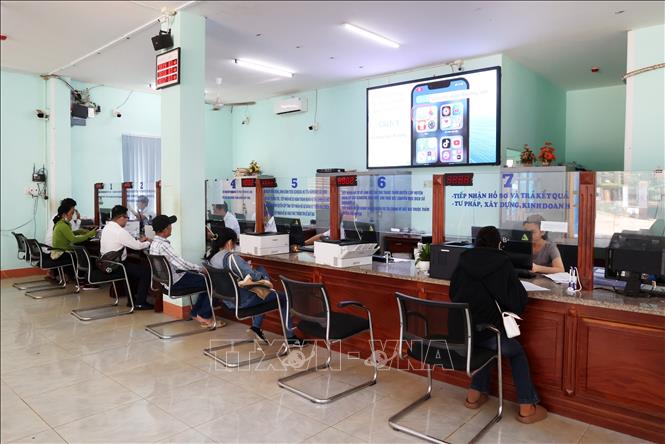 |
| Assessing officials and civil servants in a practical manner. Illustrative photo: VNA |
Amendment of law associated with organizational arrangement
According to the Ministry of Home Affairs, the purpose of this amendment to the Law on Cadres and Civil Servants is to focus on strongly innovating cadre work associated with the arrangement of the apparatus of the entire political system "Refined - Lean - Strong - Effective - Efficient - Effective" according to the requirements of Resolution No. 18-NQ/TW and Conclusion No. 50-KL/TW dated February 28, 2023 of the Politburo on continuing to implement Resolution No. 18-NQ/TW.
Building a truly talented civil service and a mechanism for managing cadres and civil servants according to job positions; building a contingent of cadres and civil servants, especially leaders, managers and heads, with sufficient capacity, qualities, prestige, and equal to their tasks; building a state administration that serves the people, is professional, rule of law, modern, effective and efficient.
Strongly innovate the work of recruiting, training, fostering, appointing, rotating, transferring, and evaluating cadres and civil servants in a practical direction, "for the purpose of finding people, based on specific and measurable products". Build a mechanism to encourage and protect cadres and civil servants with innovative thinking, who dare to think, dare to do, dare to break through, and dare to take responsibility for the common good on the basis of clearly defining cases of cadres and civil servants who dare to think, dare to do, dare to innovate and create for the common good; protect cases of risk and error early, as soon as there is a plan.
Promote comprehensive digitalization and digital transformation in the management of cadres and civil servants to meet the requirements of building e-Government and digital Government through building and perfecting the legal corridor on digital platforms and a set of tools for unified use nationwide to serve state management and law enforcement on cadre and civil servant management.
Overcoming existing problems and difficulties in the management and use of cadres and civil servants; promptly removing "bottlenecks" in the management of human resources in the public sector, creating development momentum.
Promote decentralization, delegation of authority, increase autonomy and self-responsibility
The guiding viewpoint in this draft Law on Cadres and Civil Servants (amended) ensures the direct and comprehensive leadership of the Party over cadre work and the management of cadres in the political system. Timely and fully institutionalize the Party's guidelines and policies in the 13th National Congress Documents and the Party's resolutions, directives, conclusions, resolutions of the National Assembly and practical issues arising in the building of cadres and civil servants, meeting the requirements of building and perfecting the socialist rule of law state of Vietnam in the new period.
Ensuring consistency, stability and synchronization of the legal system; uniformity and synchronization between the provisions of the Law on Cadres and Civil Servants and other specialized laws; inheritance and development of current regulations; selectively refer to international experience suitable to Vietnam's conditions.
Promote decentralization, delegation of authority, increase autonomy and self-responsibility for ministries, branches and localities in managing the quantity and quality of cadres and civil servants according to their authority. Attach authority to and clearly define responsibilities to promote initiative, creativity and promote the role of leaders in managing cadres and civil servants.
According to the Ministry of Home Affairs, the necessity of developing the Law on Cadres and Civil Servants (amended) on the basis of the Documents of the 13th National Party Congress identified one of the three strategic breakthroughs as "Developing human resources, especially high-quality human resources; prioritizing the development of human resources for leadership, management and key areas on the basis of improving, creating a strong, comprehensive and fundamental change in the quality of education and training associated with the mechanism of recruiting, using and rewarding talents, promoting research, transfer, application and strong development of science - technology, innovation".
The 10-year socio-economic development strategy for 2021 - 2030 has identified the direction, tasks, and solutions for socio-economic development as "Rapidly building a modern administration, based on a team of highly professional cadres, civil servants, and public employees with creativity, good moral qualities, political courage, serving the people and businesses"; “Build a team of highly professional and creative cadres, civil servants and public employees based on a competitive mechanism for recruitment, remuneration and promotion; with good moral qualities and strong political will. Clearly define and promote the responsibility of leaders; have a mechanism to encourage and arouse the spirit of dedication to the country, create motivation and pressure for all cadres, civil servants and public employees to best fulfill their assigned tasks, wholeheartedly serve the people; have a mechanism to protect cadres who are innovative, creative, dare to think, dare to do, dare to break through, dare to take responsibility for the common good. Fundamentally reform the salary regime of cadres, civil servants and public employees”.
Resolution No. 27-NQ/TW6 sets the goal of "Focusing on comprehensive development and improving the quality of human resources to meet the requirements of the national administration; strongly reforming the civil service and public employee regime; perfecting the system of standards for job titles, job positions, professional standards, and criteria for evaluating cadres, civil servants, and public employees based on the results of performing assigned tasks with specific products and the satisfaction of people and businesses"; at the same time, posing the solution of "Continuing to promote administrative reform, focusing on improving the quality of cadres, civil servants, and public employees with three main pillars: Organizational apparatus; civil service, civil servants; e-administration and digital transformation".
The Law on Cadres and Civil Servants (amended) continues to inherit and develop a number of regulations that have been effective in recent implementation based on the results of summarizing the implementation of the current Law on Cadres and Civil Servants.
In addition, the Law on Cadres and Civil Servants (amended) amends and supplements a number of regulations on: Unifying the unified civil service from the central level to the provincial, district and communal levels; Innovating the mechanism for managing cadres and civil servants according to job positions; Perfecting regulations on the rights and obligations of cadres and civil servants and what cadres and civil servants are not allowed to do; ethics and culture of civil service; Perfecting regulations to innovate methods of managing cadres and civil servants in accordance with the requirements of promoting digital transformation and building a digital government, ensuring increased modernity, publicity, transparency and efficiency in state management activities; Perfecting regulations on cadre and civil servant management to ensure consistency and consistency with Party regulations and ensure consistency with the legal system.
Source: https://huengaynay.vn/chinh-tri-xa-hoi/xay-dung-du-an-luat-can-bo-cong-chuc-sua-doi-tren-tinh-than-doi-moi-thuc-chat-152062.html


![[Photo] Binh Thuan organizes many special festivals on the occasion of April 30 and May 1](https://vstatic.vietnam.vn/vietnam/resource/IMAGE/2025/5/1/5180af1d979642468ef6a3a9755d8d51)


![[Photo] Ha Giang: Many key projects under construction during the holiday season](https://vstatic.vietnam.vn/vietnam/resource/IMAGE/2025/5/1/8b8d87a9bd9b4d279bf5c1f71c030dec)



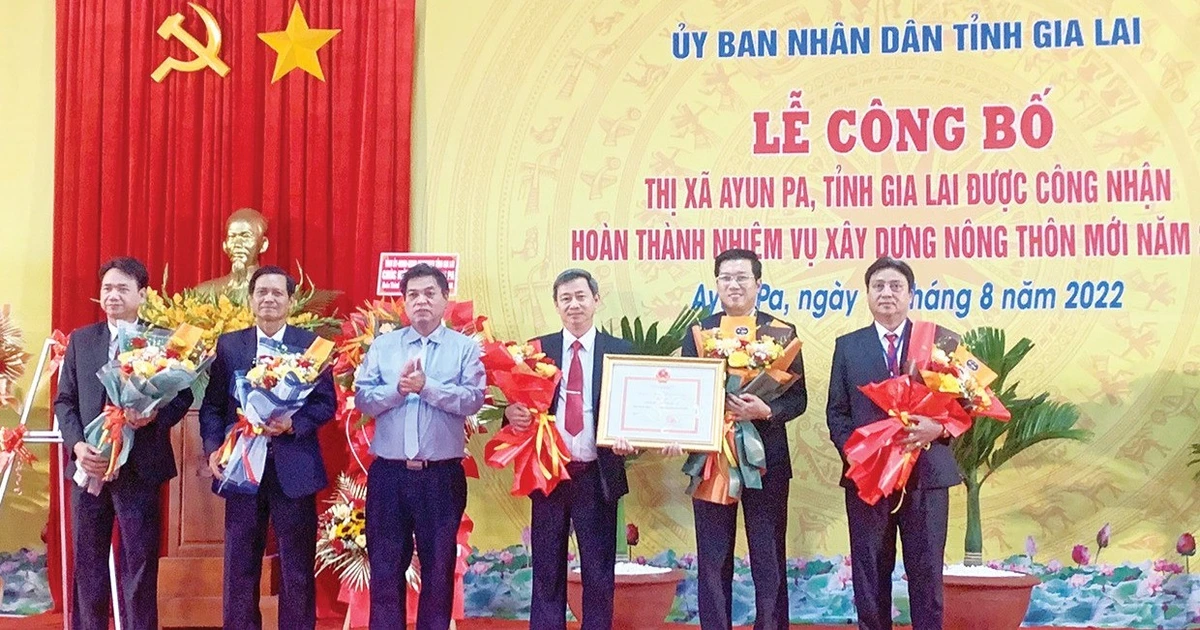



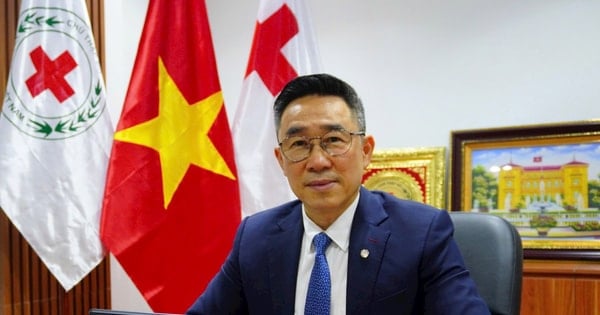





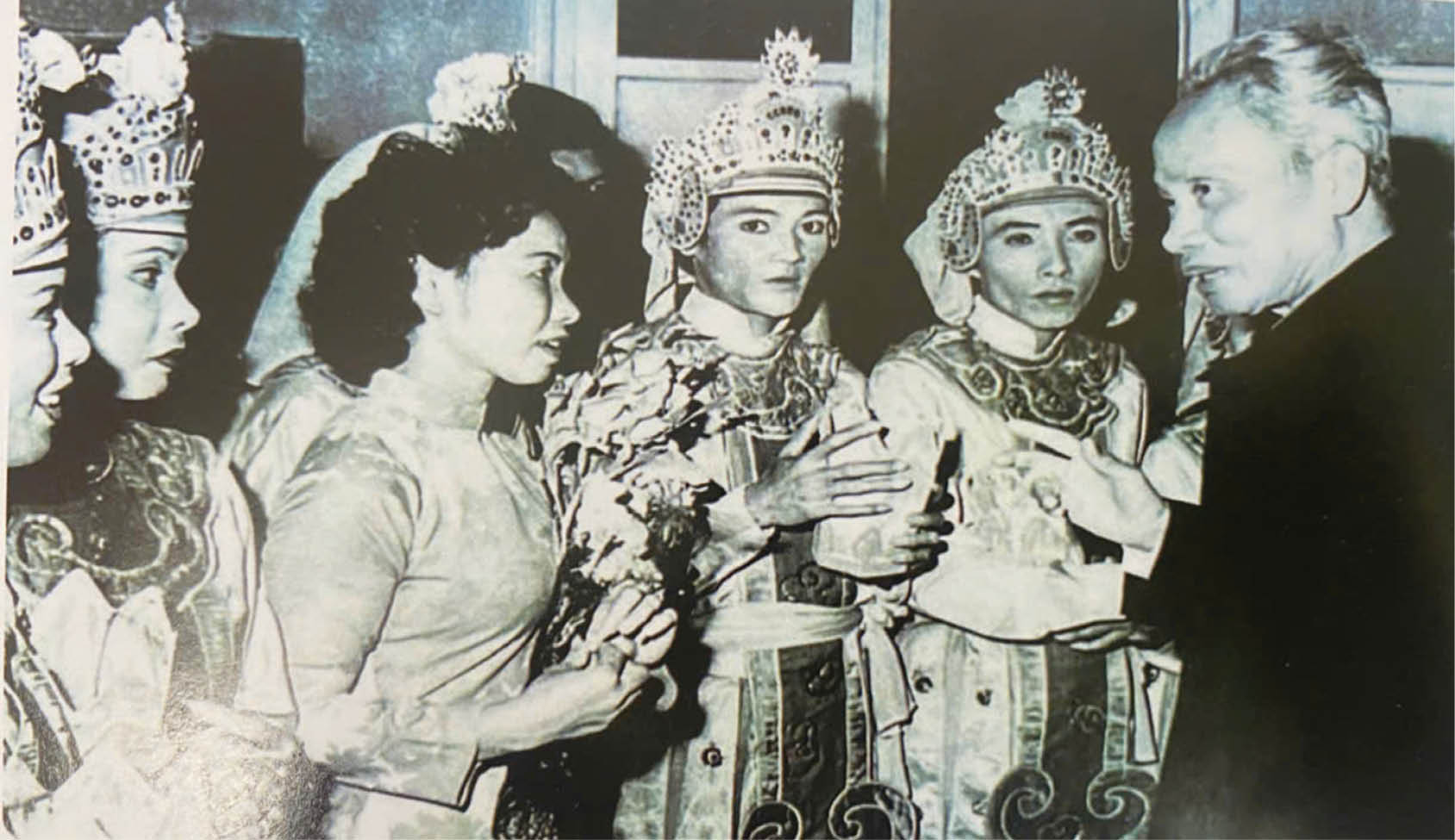


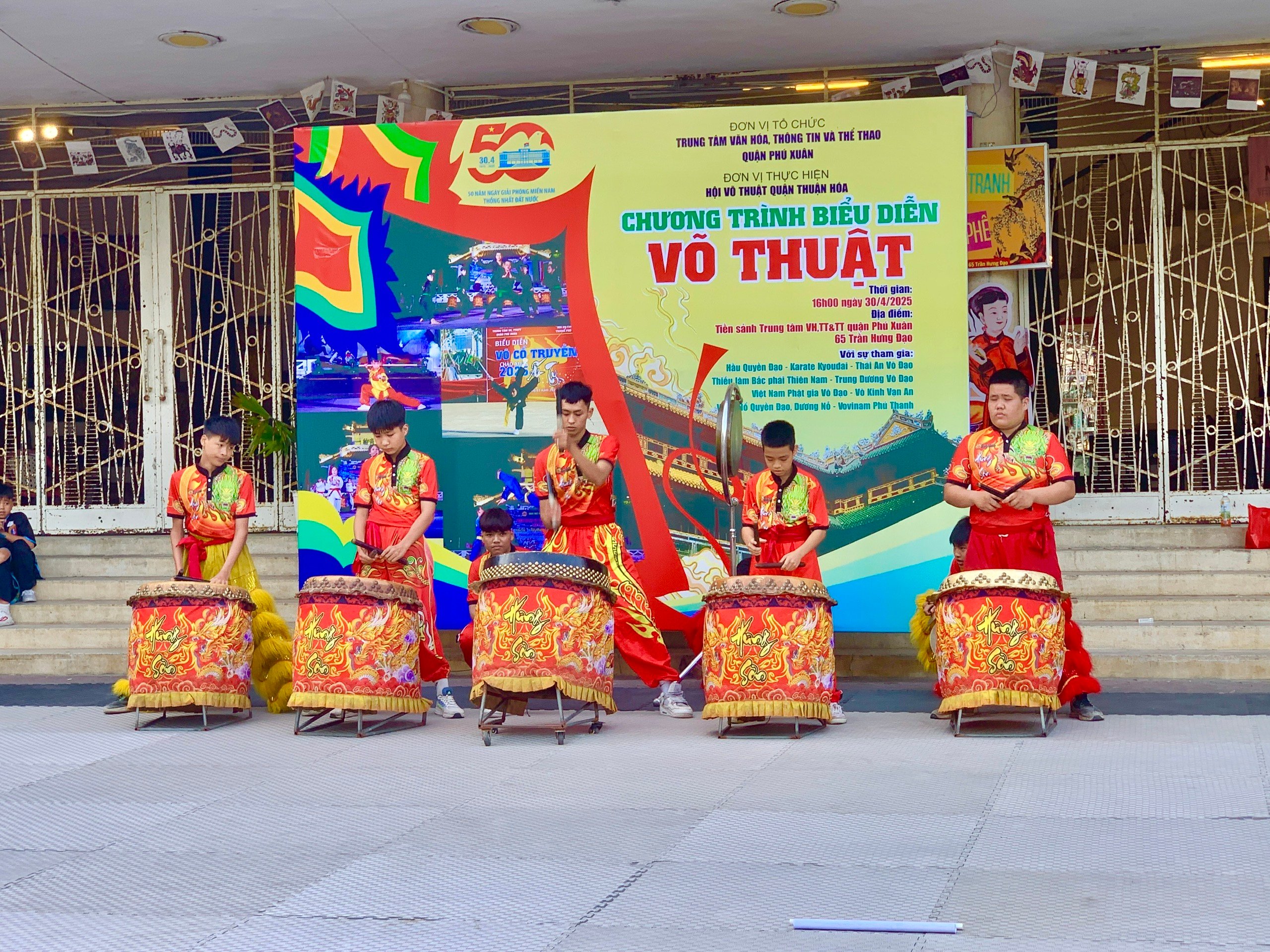



![[Photo] Feast your eyes on images of parades and marching groups seen from above](https://vstatic.vietnam.vn/vietnam/resource/IMAGE/2025/4/30/3525302266124e69819126aa93c41092)









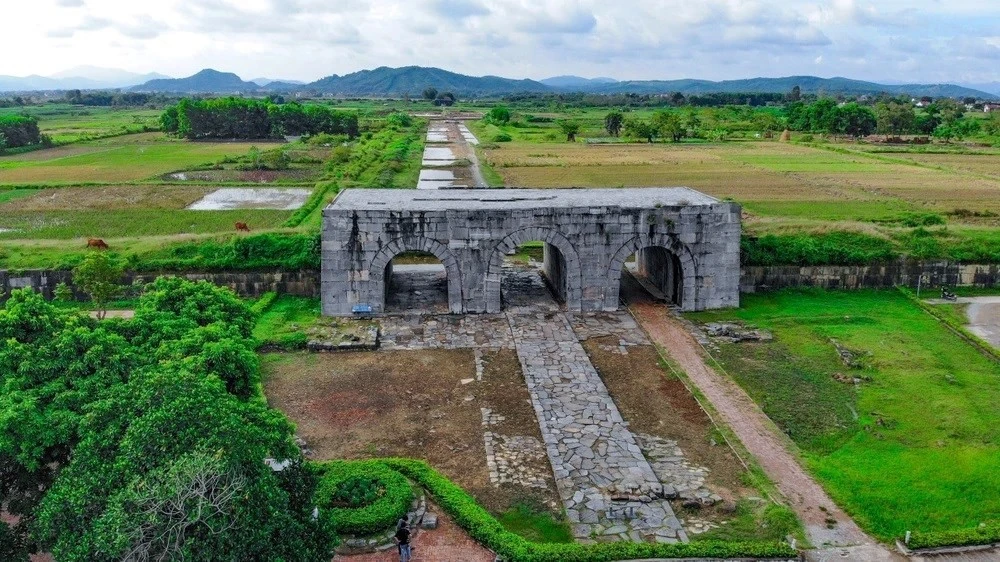



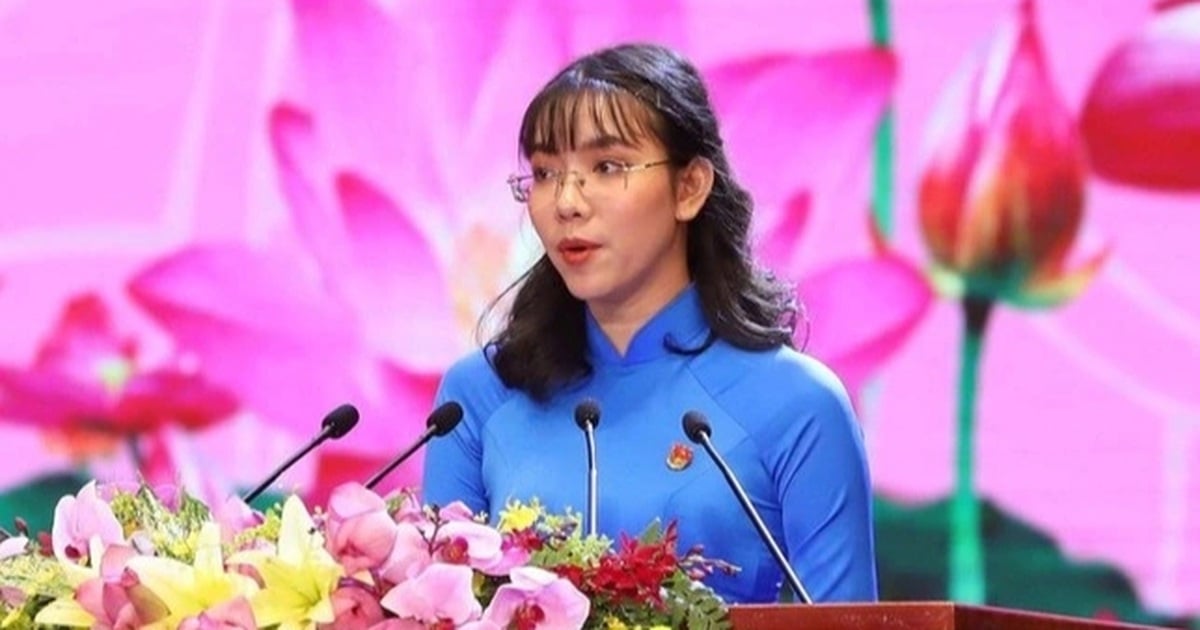

















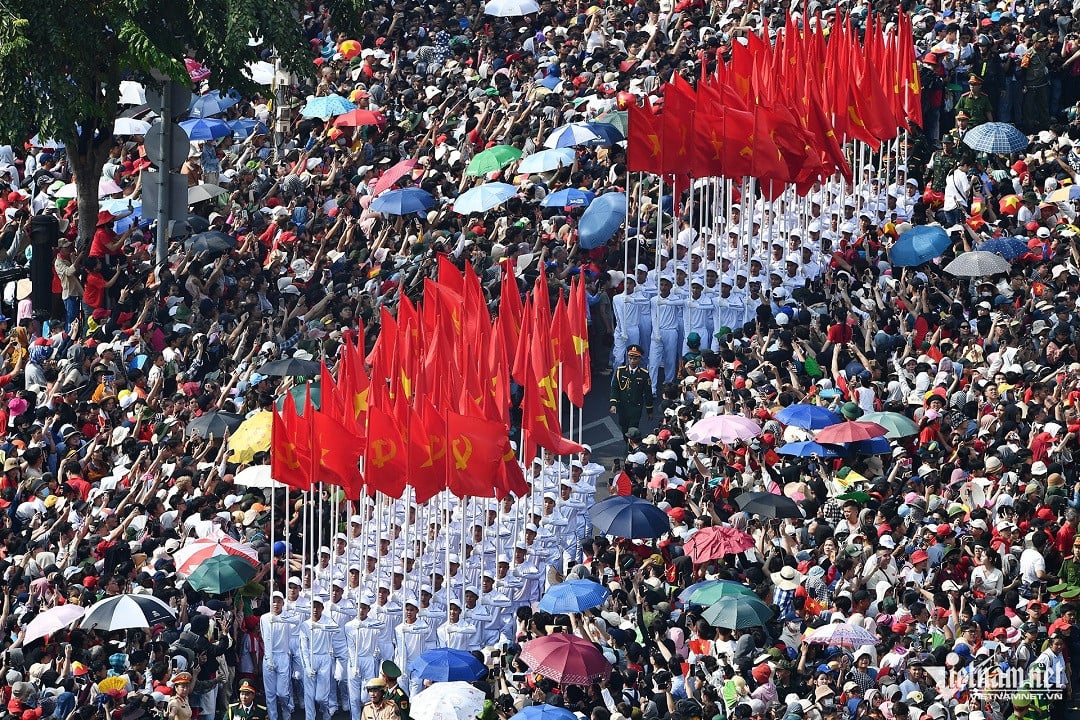

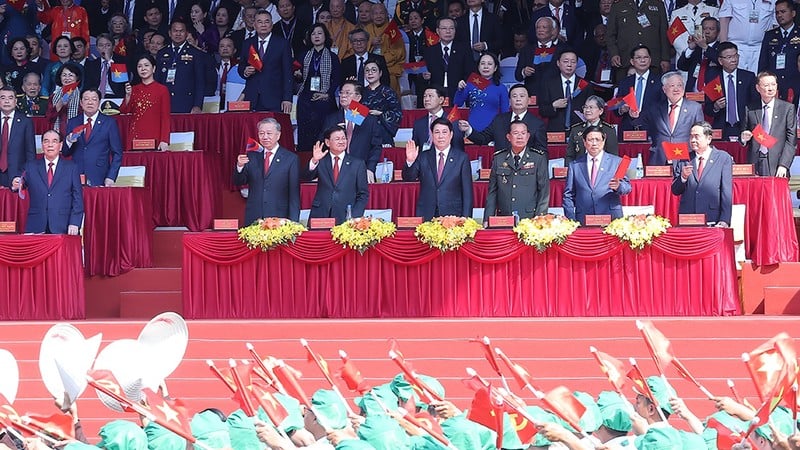


























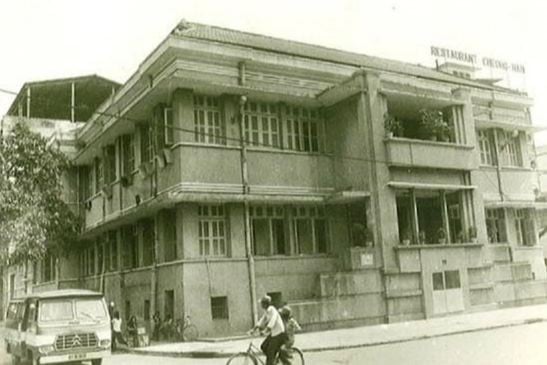



Comment (0)